G-Ion Strong basic Anion Resin is an ion exchange resin with quaternary ammonium [- n (CH3) 3OH] introduced into the matrix of styrene-divinylbenzene cross-linked copolymer. G-Ion Anion Resin alkalinity is equivalent to a strong alkali. It has the characteristics of good mechanical strength and high heat resistance. It is widely used for pure water, high-purity water preparation, wastewater treatment, extraction of biochemical products, radioactive elements, etc.
Top G-ION Anion Resin Features
|
Product Name |
Features |
Price (BDT) |
|
G-ION Anion Resin |
|
To Know the Price Call: +8801616701701 |
Chemical & Physical Data
| Items: | Data |
| Ionic Form: | Na |
| Appearance: | Flaxen to chryso grain |
| Ionic form: | Cl |
| Moisture Content: | 50.00-60.00% |
| Total Exchange Capacity: | ≥4.00 mmol/g |
| Strong f. Exchange Capacity: | ≥3.70 mmol/g |
| Volume Exchange Capacity: | ≥1.10 mmol/g |
| Shipping Weight: | 0.66-0.71 g/ml |
| True Density: | 1.06-1.10 g/ml |
| Particle Sige Range: | (0.315-1.25mm) ≥95% |
| Lower Limit Size: | (<0.315 mm)≤1% |
| The Effective Size: | 0.45-0.70 mm |
| Uniformity Coefficient: | ≤1.60 |
| Sphericity After Attrition: | ≥90.00% |
| Ph Range: | 1-14 |
FAQs About G-ION Anion Resin
What is the use of cation and anion resin?
Ans: Common and essential parts of modern industrial water treatment systems are cation and anion exchange resins. Many dissolved minerals are frequently found in source water, which needs to be eliminated to avoid damaging delicate industrial systems.
What is an example of anion resin?
Ans: In vitro, Cl. difficile toxin is bound by anion exchange resins such cholestyramine and colestipol (Chang et al., 1978; George et al., 1978b). These resins may also have therapeutic use as a way to eliminate Cl. difficile toxin from the gastrointestinal tract.
What is the pH of anion resin?
Ans: Because the functional group of the strongly basic anion exchange resin acts as a strong base, the resin can be used throughout the entire pH range of 0–14.
Does anion resin remove fluoride?
Ans: Anion exchange
An ion exchanger can then be used to polish this treated wastewater. Ion exchange with a strong base anion resin can eliminate low fluoride ion concentrations.


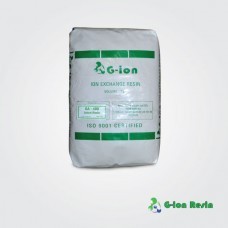
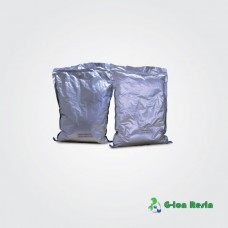
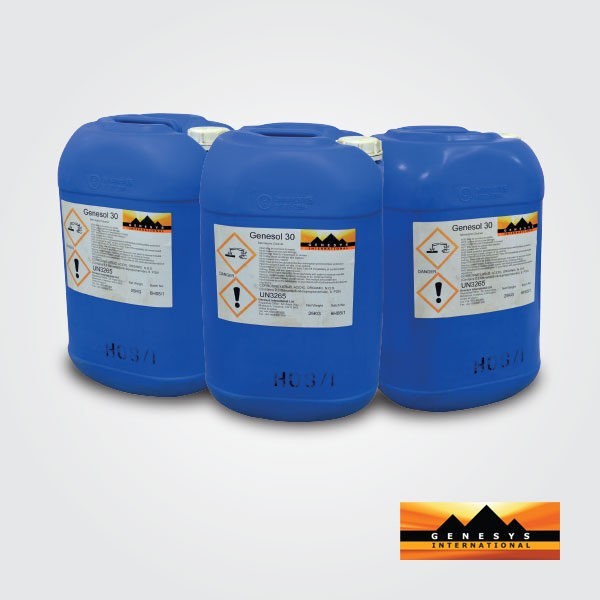
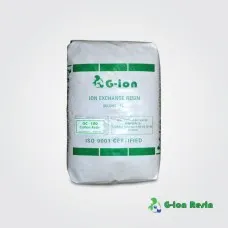
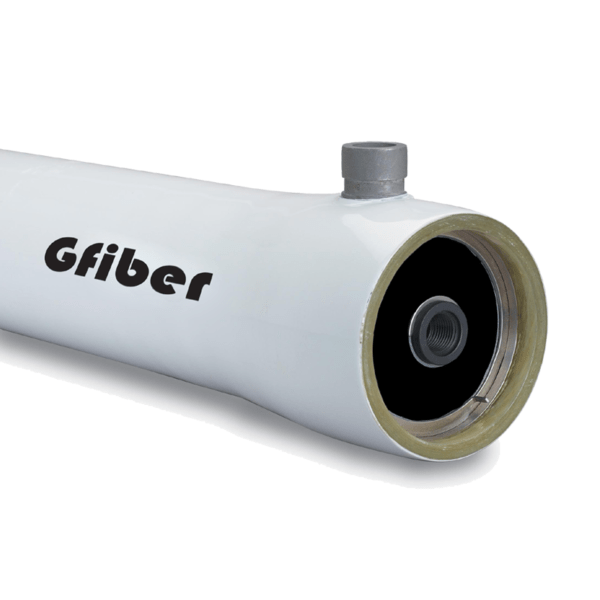
Reviews
There are no reviews yet.